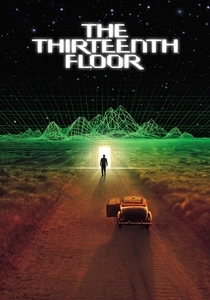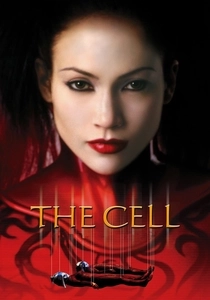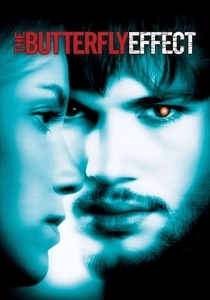Dive into the fascinating world of psychological experiments through the lens of science fiction cinema. This curated list of 10 films explores the boundaries of human consciousness, ethical dilemmas, and the potential consequences of playing with the mind. Each film offers a unique perspective on what happens when science meets psychology in the realm of the unknown, providing viewers with thought-provoking narratives that challenge our understanding of reality, identity, and the essence of humanity.

A Clockwork Orange (1971)
Description: Stanley Kubrick's adaptation of Anthony Burgess's novel features a psychological experiment aimed at conditioning a violent youth to abhor violence through aversion therapy, raising questions about free will and moral responsibility.
Fact: The film was controversial upon release and was withdrawn from UK cinemas by Kubrick himself due to threats against his family.
 Watch Now
Watch Now 
The Truman Show (1998)
Description: While not explicitly a psychological experiment, the film's premise of a man living his entire life in a constructed reality for entertainment purposes touches on themes of manipulation, consent, and the ethics of psychological experiments in media.
Fact: The film was nominated for three Academy Awards, including Best Director for Peter Weir.
 Watch Now
Watch Now 
Cube (1997)
Description: A group of strangers wake up in a mysterious cube-shaped room with no memory of how they got there. The film becomes a psychological experiment as they navigate through deadly traps, exploring themes of survival, trust, and the human psyche under extreme conditions.
Fact: The film was made with a very low budget, and many of the sets were built in an old warehouse.
 Watch Now
Watch Now 
The Matrix (1999)
Description: This film explores the concept of reality through a psychological experiment where humans are unknowingly trapped in a simulated world. The story delves into themes of free will, identity, and the nature of existence, making it a cornerstone in the sci-fi psychological experiment genre.
Fact: The Wachowskis developed the idea for "The Matrix" after reading "Simulacra and Simulation" by Jean Baudrillard, which explores the concept of hyperreality.
 Watch Now
Watch Now 
The Thirteenth Floor (1999)
Description: This film explores the idea of virtual reality as a psychological experiment, where characters live in simulated worlds, questioning their reality and the ethics of creating sentient beings for experimentation.
Fact: The film is loosely based on the novel "Simulacron-3" by Daniel F. Galouye, which also inspired "The Matrix."
 Watch Now
Watch Now 
The Cell (2000)
Description: A psychologist enters the mind of a comatose serial killer to find the location of his latest victim, using an experimental technology. The film explores the dark recesses of the human psyche and the ethical boundaries of psychological intervention.
Fact: The film's visual style was heavily influenced by the works of surrealist artists like Salvador Dalí.
 Watch Now
Watch Now 
The Butterfly Effect (2004)
Description: This film explores the psychological effects of time travel, where the protagonist can revisit his past to alter the present. It delves into the chaos theory and the unintended consequences of changing one's history, making it a poignant study in psychological experimentation.
Fact: The film's title refers to the concept that a small change in one part of a system can result in large differences in a later state, known as the butterfly effect.
 Watch Now
Watch Now 
Inception (2010)
Description: A masterclass in psychological manipulation, "Inception" follows a professional thief who uses experimental technology to infiltrate the subconscious mind. The film blurs the line between dreams and reality, examining the impact of psychological experiments on personal identity and memory.
Fact: The film's dream levels were inspired by the concept of lucid dreaming, where one can control their dreams.
 Watch Now
Watch Now 
The Adjustment Bureau (2011)
Description: This film delves into the idea of a secret organization that controls human destiny, using psychological manipulation to ensure events unfold according to plan. It raises questions about free will, fate, and the ethics of psychological control.
Fact: The film is loosely based on a short story by Philip K. Dick, known for his exploration of reality and identity in science fiction.
 Watch Now
Watch Now 
The Experiment (2001)
Description: Based on the real-life Stanford prison experiment, this German film examines the psychological effects of power dynamics and dehumanization when volunteers are divided into prisoners and guards in a simulated prison environment.
Fact: The film was remade in Hollywood in 2010 with the same title, but the original German version is often considered more intense and true to the original study.
 30 Days Free
30 Days Free 








